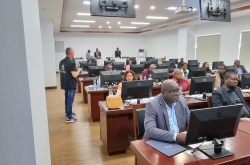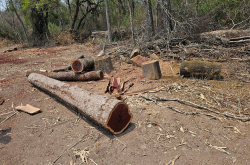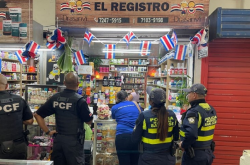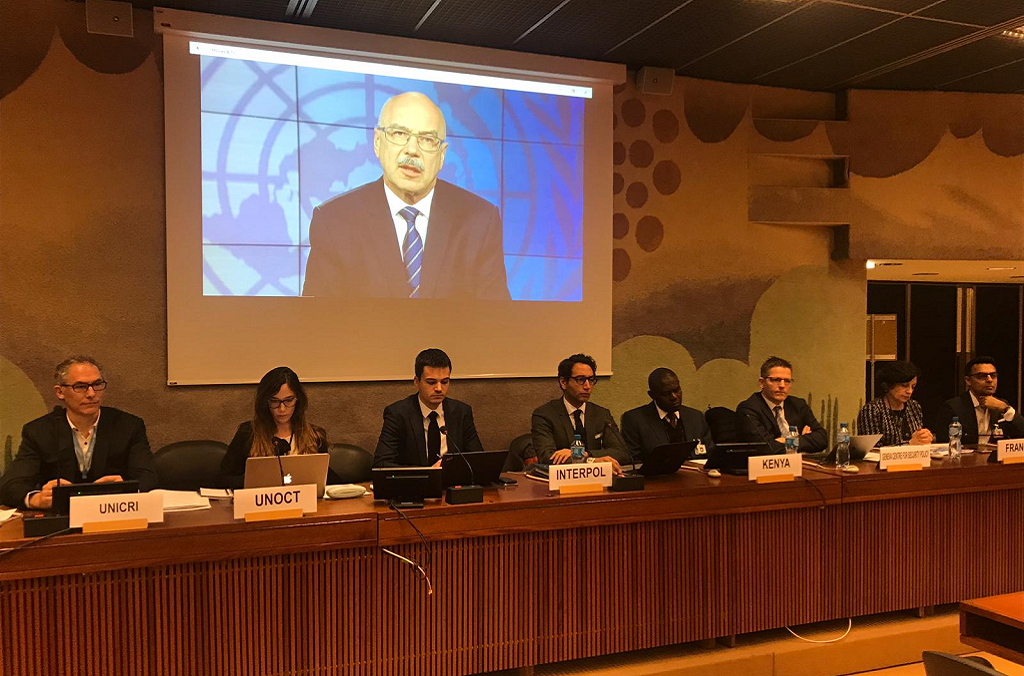GENEVA, Switzerland – Understanding, preventing and addressing the risk of misuse of science and technology by terrorist groups and other non-state actors was the focus of a side event to the Meeting of the State Parties to the Biological Weapons Convention.
Organized by INTERPOL, the United Nations Interregional Crime and Justice Research Institute (UNICRI) and the United Nations Counter-Terrorism Centre (UNCCT) of the United Nations Office of Counter-Terrorism (UNOCT), the event aimed to recognize the transformative ways new and emerging scientific and technological developments are contributing to global society, while also considering their potential misuse by criminals and terrorist groups to perpetrate malicious actions in an innovative fashion.
The one-day side-event (4 December) brought together representatives of Member States, international organizations, the United Nations System, academia and the private sector to analyze the extent to which new technologies pose a potential threat, and better understand how to effectively counter such threats.
With the increased use of the Darknet to acquire, transfer or smuggle biological material or weapons becoming a major concern for the law enforcement community worldwide, INTERPOL’s Bioterrorism Prevention Unit recently introduced Project Pandora to increase capability of police and intelligence analysts to investigate bioterrorist related activities using the Darknet.
Moreover, INTERPOL’s CBRNE and Vulnerable Targets Sub-Directorate has begun developing a dedicated Critical Infrastructure Protection Unit through the launch of a flagship initiative addressing the rising threat posed by criminal and terrorist use of unmanned aerial systems drones.
The side-event also viewed obtaining expert insights of national and international scientific and technological communities as contributing to the effective implementation of international legal instruments such as the Biological Weapons Convention and United Nations Security Council Resolution 1540.
Noticias conexas

Las amenazas para la seguridad de fronteras, objetivo de las operaciones STOP en África
8 de diciembre de 2023
La delincuencia organizada lleva la seguridad medioambiental al límite
2 de diciembre de 2023






